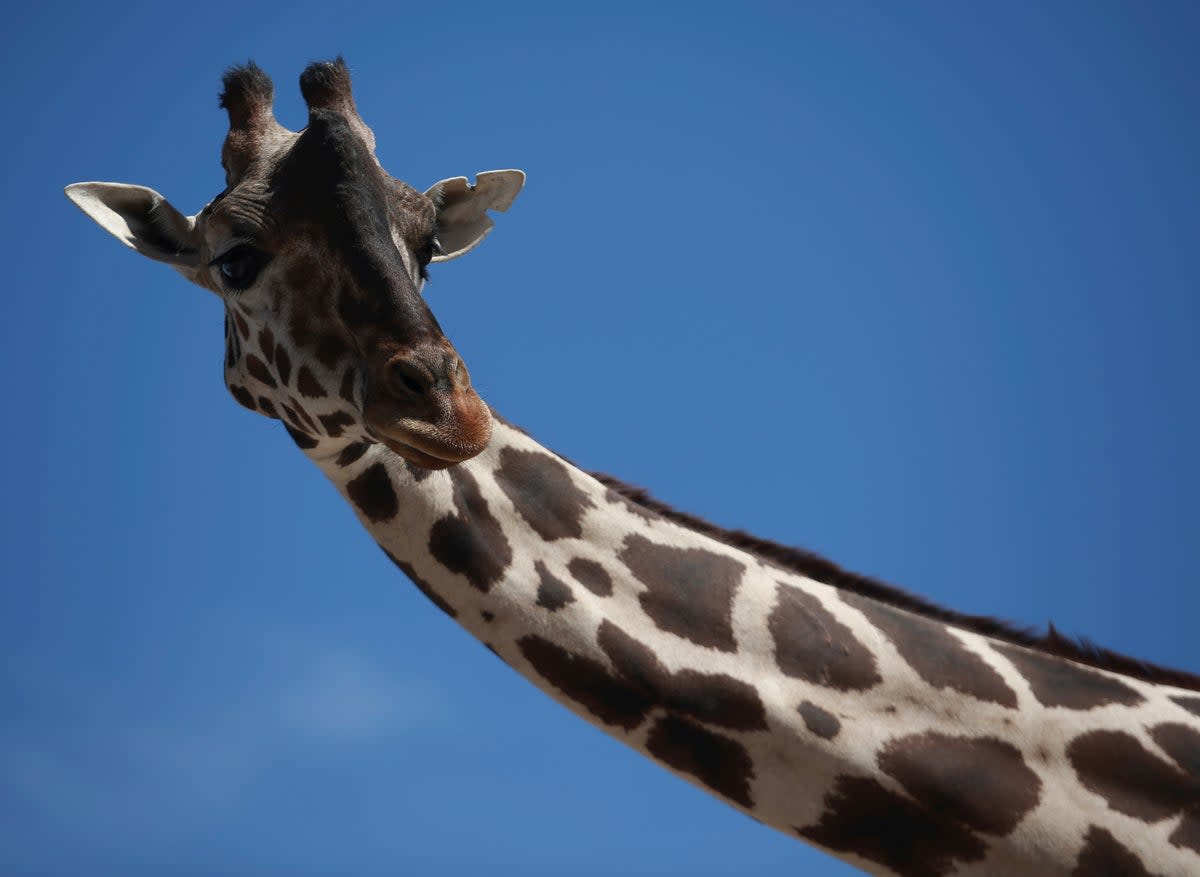Voices: Why people ‘lose their minds’ when there’s a solar eclipse

Tonight, just before 8pm, when you join your neighbours on the doorstep and question your life choices as you try in vain to determine whether the total eclipse is really happening, or if the looming darkness is a passing raincloud or, more likely, just the sun going down, spare a thought for John Milton.
In his blank-verse epic Paradise Lost, the Enlightenment poet noted how easily we are driven to distraction by celestial blackouts: “In dim eclipse disastrous twilight sheds. On half the nations, and with fear of change. Perplexes monarchs: darkened so yet shone.”
Shakespeare was equally intrigued by the natural phenomenon, and would likely have witnessed the noteworthy eclipse of 1598, which plunged parts of the country into darkness for almost two minutes, a moment thereafter known as “Black Saturday”. The obscuring of the sun by the moon was a plot device he referenced often, in King Lear, Othello, Macbeth, Antony and Cleopatra, even the opening scene of Hamlet, as Horatio waits to question a ghost that keeps appearing. Even Shakespeare’s sonnets weren’t immune (“Clouds and eclipses stain both moon and sun” – Sonnet 35).
Of course, for those of us who remember the 1980s, any mention of “total eclipse” prompts just one instant flashback: to Bonnie Tyler, consumed with madness, running in slo-mo around her vast but dimly lit mansion, windows flung fully open, muslin curtains threatening to catch on the candles she has absent-mindedly left on the go. Total eclipse of the heart? Total fire hazard, more like.
It turns out that Tyler’s legendary pop breakdown is perfectly in keeping with what scientists believe about astronomical events, that we are all susceptible to a touch of “eclipse madness”; the centuries-old word “lunatic” being derived from the connection thought to exist between the moon and crackpot behaviour.
Even the prospect of the skies going dark for half a minute can cause the level-headed best of us to lose it a bit. America’s foremost meteorologist, Cleveland Abbe, in his fervour to witness the 1878 event, threw caution to wind and trekked up Pikes Peak, the most revered high point in the Colorado Rockies, where the thin air (and, admittedly, cloudless skies) almost killed him.
The daytime darkness that, in ancient times, was seen as a bad omen or a portent of great change, can prompt an anomalous response in people. If you’re in a crowd when one happens, as well as copious “Wow…”s, there will be involuntary gasps and even screaming, hysteria being a common reaction to a totality, even one that’s been widely trailed in advance.
The total eclipse won’t just send your pets loopy – as the sky darkens, dogs and cats may howl, hide, pace about, pant excessively, or simply start their night-time routine early – it will spark odd behaviour in the critters in the garden, too. Spiders have been observed dismantling their own webs, while insects can become hyperactively busy, with leafcutter ants furiously carrying leaves back to their nest in preparation for… something. (What do they know that they aren’t telling us?)
A 2017 study of animal behaviour during a daytime blackout at Riverbanks Zoo in Columbia, South Carolina discovered that it would be wise to stay away from the giraffe enclosure. At the peak of the eclipse, the Riverbanks tower started “running around like crazy and in a potentially dangerous way”, according to lead researcher Professor Adam Hartstone-Rose.
“In the wild, giraffes are pretty calm animals. They really don’t do crazy behaviour unless they need to,” said Prof Hartstone-Rose.
These days, we still go mad for an eclipse, using it as a good excuse for bacchanalian excess. In the United States, scientists who analysed public sewage that had been flushed in the aftermath of the 2017 total eclipse found that drug use had spiked. The output from two towns in western Kentucky showed more cocaine and cannabis use than on a “typical” day. Amphetamine and methamphetamine levels were at two-to-four times the usual rate. Sounds like quite the party.
Another study found that eclipses cause fatal car crashes to rise by more than 30 per cent, and that law-enforcement bodies anticipate more bad behaviour than usual.
So be careful out there. If the lights do go out momentarily, awesome things can happen. Stare at the sun directly and you might lose your retinas, for starters. It might be safer to follow the path of totality on the internet – or simply stay indoors and watch one of the universe’s greatest phenomenon live on the television.
For that, you’ll need a cup of tea and a biscuit… or should that be a spongy cake? The 1999 total eclipse gave pop culturalists one of the greatest commercials at the end of the millennium: the McVitie’s ad featuring an infant school teacher telling her class about the phases of the moon by biting chunks out of a Jaffa Cake: “Full moon… half moon… total eclipse!”
Sales of the zesty orange rascals won’t be the only things getting a lift from tonight’s total eclipse. The biscuit aisle of corner shops, county lines drug networks and Bonnie Tyler will doubtless be thanking their lucky stars, too.

 Yahoo News
Yahoo News 
